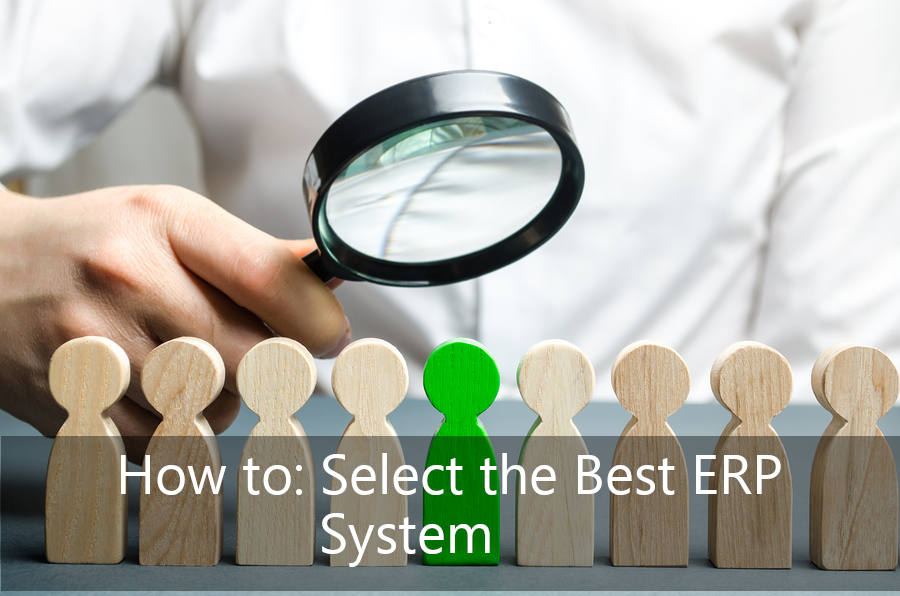
If you’re reading this, then chances are you already have a good idea as to the vast array of solutions readily available, all promoting themselves as the answer to further streamlining your business processes. So where do you begin? The first crucial step is your selection strategy.
Quantify What You Want To Achieve
You should always establish a clear sense of purpose and goals around why you really need an ERP and what you want to achieve. Identify and quantify opportunities for real improvement, then prioritize these against requirements.
Identify Your Most Challenging Business Processes
You’re going to be reviewing a number of different systems, so make sure you clearly understand what the most challenging processes are in your business. This is a great way to test cloud ERP software before investing too much time investigating the rest of its functionality.
Choose What ERP System is Right
Try to avoid choosing an ERP system simply because your competitors use it. You’re unlikely to know what their motivation was for picking that particular system, their internal resources, or even their budget. You might even find that selecting a solution from outside your immediate industry might give you a competitive advantage with functionality that none of your competitors have access to.
Involve Key Users
Because the software is going to affect your entire organization, you should always make sure you involved the users or heads of department. Not only is this important from an organizational change perspective, but they are best equipped to help you identify where you can expect to achieve the greatest efficiency gains across their specific areas of expertise.
Set Realistic Time Frames For Implementation
Don’t underestimate the time and effort that will go into implementing a new ERP system. Work with the solution provider to set realistic programs based on the size, complexity, and resources of your business. But no matter how you approach the selection process, remember, the most important element is always the people you will be working with. So make sure you communicate well and have similar professional values. However, if you have any specific questions, please contact us.





